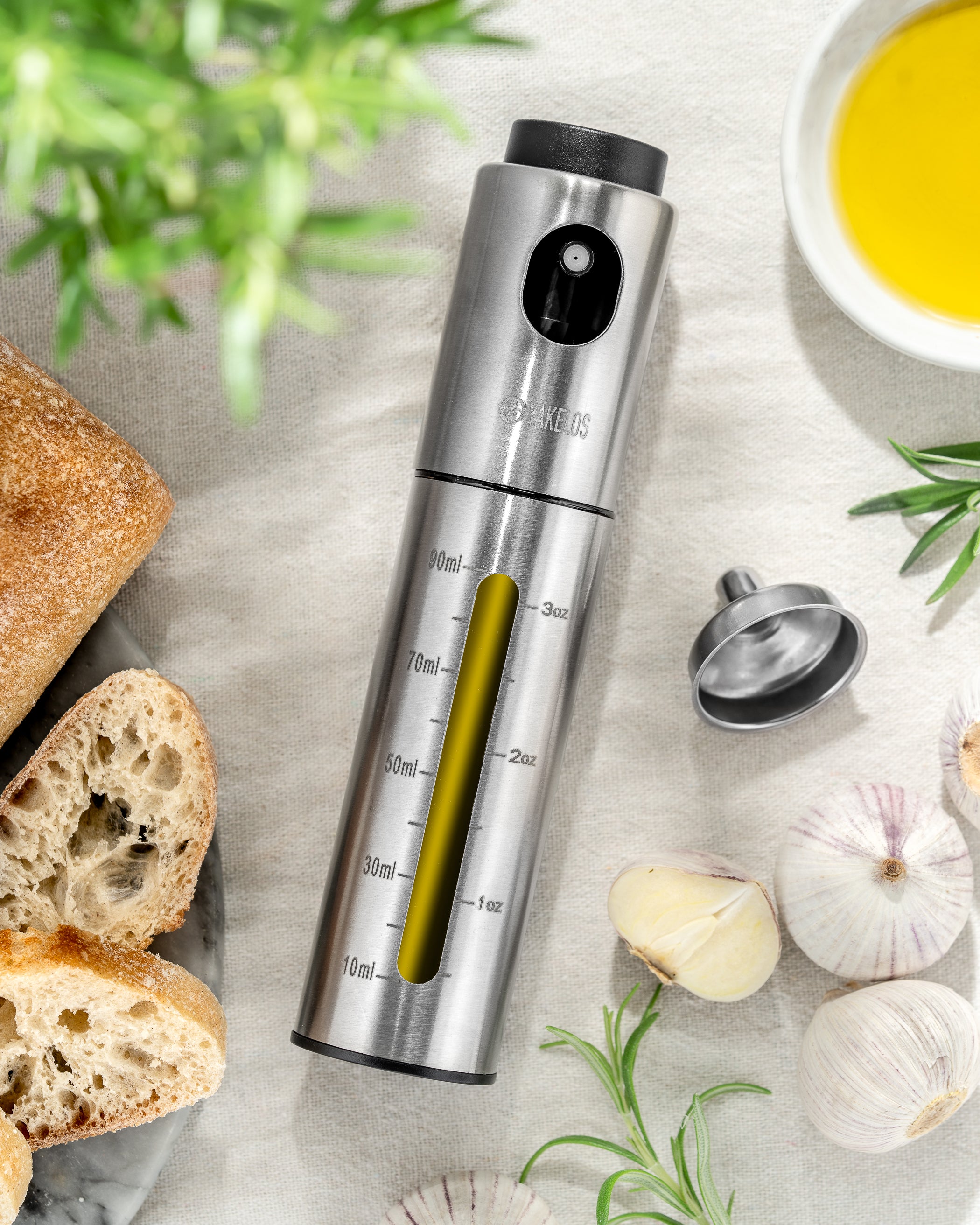Why Olive Oil Will Become Even More Expensive in 2024
The year 2023 was yet another tough one for olive oil producers across Southern Europe and North Africa — regions at the heart of global extra virgin olive oil production. After several consecutive years of drought, rainfall was almost entirely absent in 2023. On top of that, the summer was unusually long and intensely hot.
2024 didn’t start much better. In January, temperatures in southern Spain — one of the most important olive-growing regions — reached nearly 30°C. That’s closer to summer heat than winter. Thankfully, February brought some relief in the form of cooler weather and much-needed rain, but it wasn’t nearly enough to offset the prolonged extremes.
Smaller Olives, Less Oil
These climate extremes have taken a serious toll on the olive harvest. Without sufficient water, olive trees naturally produce fewer olives — and those they do produce tend to be smaller. And smaller olives, of course, yield less oil.
As a result, the total production of extra virgin olive oil has dropped significantly, just as global demand continues to rise.
Prices Are Surging — and Not Just a Little
To make matters worse, inflation has driven up costs across the board — from energy and transportation to labor and packaging. In Dutch and Belgian supermarkets, for example, the price of a bottle of extra virgin olive oil has increased by up to 50% since early 2023.
Now, you might say: “Everything is getting more expensive.” That’s true. But olive oil stands out. The average grocery bill has gone up about 20% in the same period. That’s significant — but still far below the price spike in olive oil. And no, supermarkets aren’t cashing in; the margins on olive oil remain slim.
A Luxury Once Again?
According to figures from the European Commission, wholesale prices of extra virgin olive oil have soared across key producing countries:
-
+60% in Spain
-
+50% in Italy
-
+80% in Greece
Following two consecutive poor harvests, existing stockpiles have been depleted. Yet olive farmers are not necessarily profiting. Their costs have risen sharply, and increasing production quickly is not an option. Olive trees need time — and above all, consistent rainfall throughout the year — to recover.
Last year’s harvest was one-third lower than normal, and prices have already doubled in some regions. It’s becoming clear: olive oil is returning to its status as a near-luxury product. One to use with care, not waste.
Global Demand Keeps Growing
While production is shrinking, consumption is still rising. Extra virgin olive oil is recommended everywhere — in the media, by chefs, by health experts — and for good reason. But this growing demand, combined with lower supply, creates a simple economic effect: much higher prices.
Should We Just Switch to Cheaper Sunflower Oil?
It’s a fair question. For some everyday uses, sunflower oil can be a reasonable alternative. But when it comes to flavor, aroma, and health benefits, nothing compares to genuine, high-quality extra virgin olive oil. It’s in a category of its own — and we believe it’s worth every drop.




